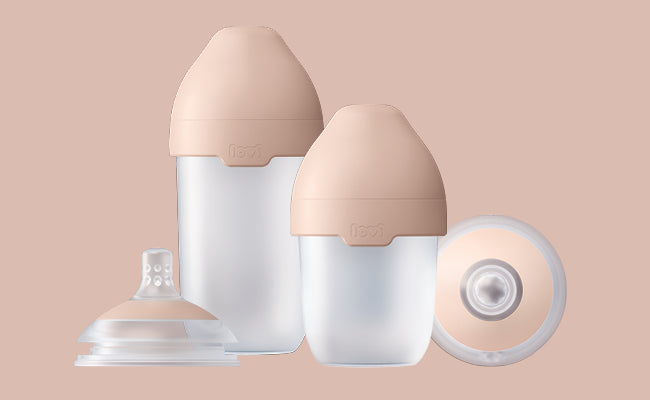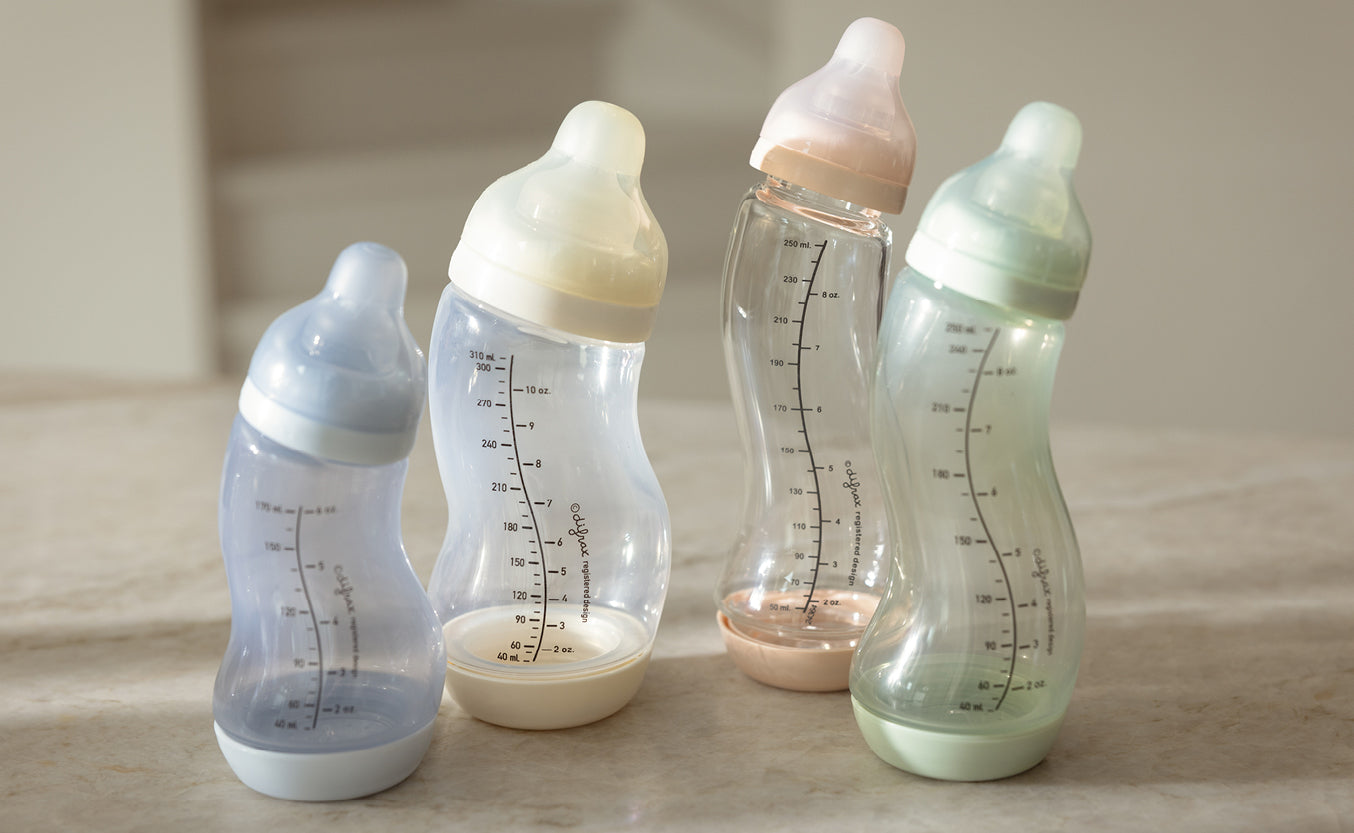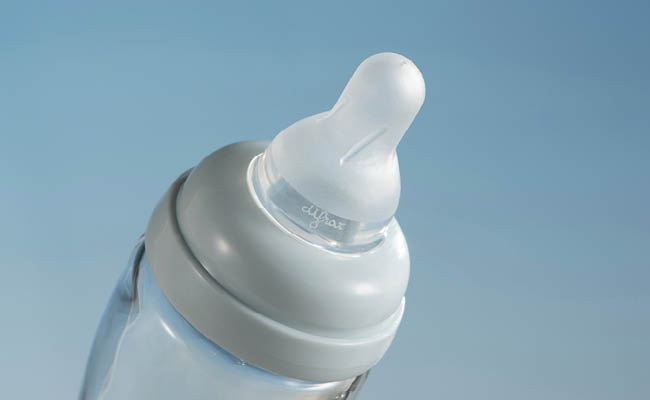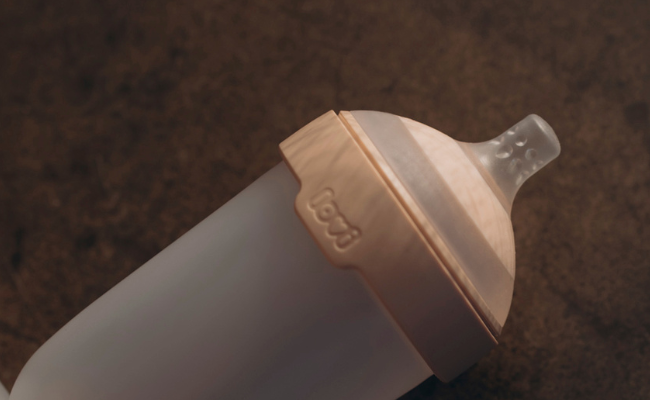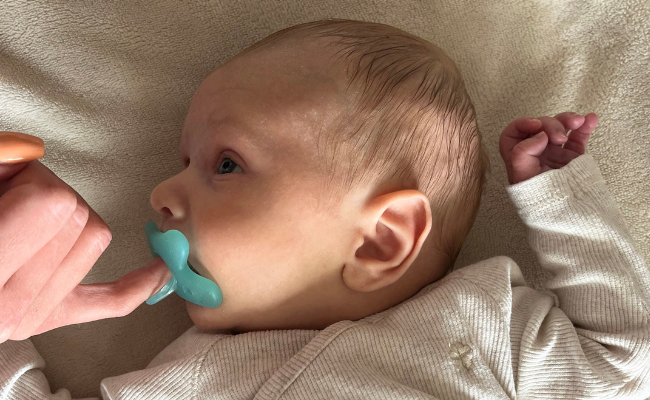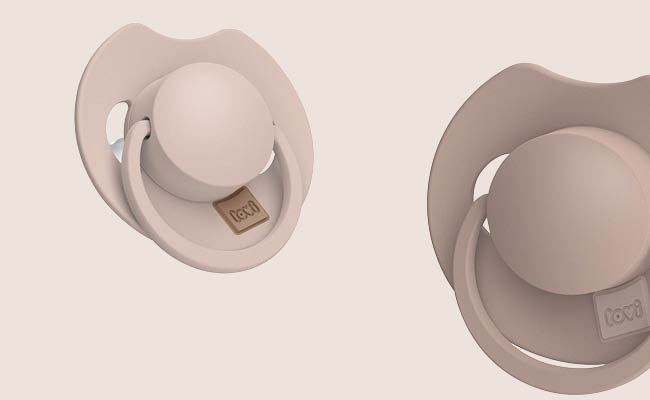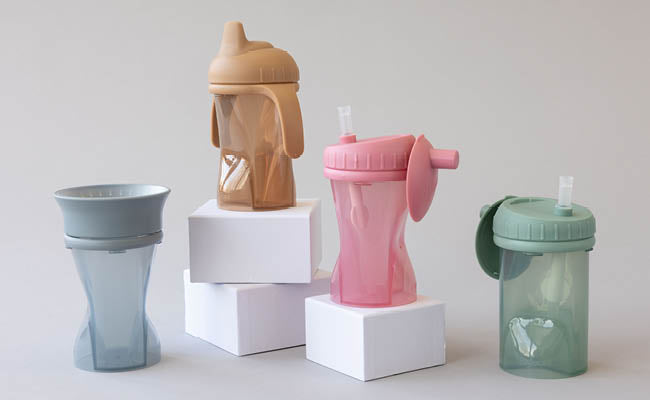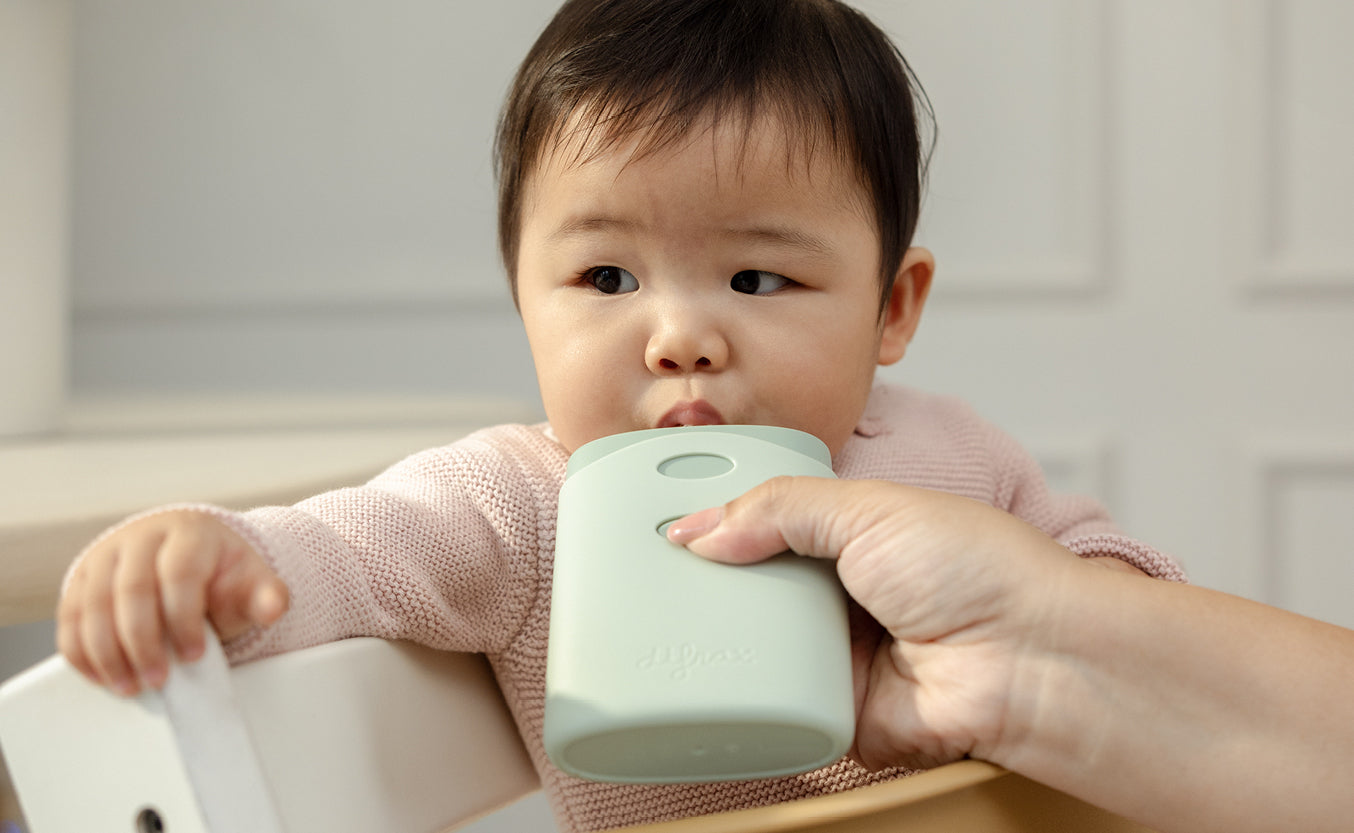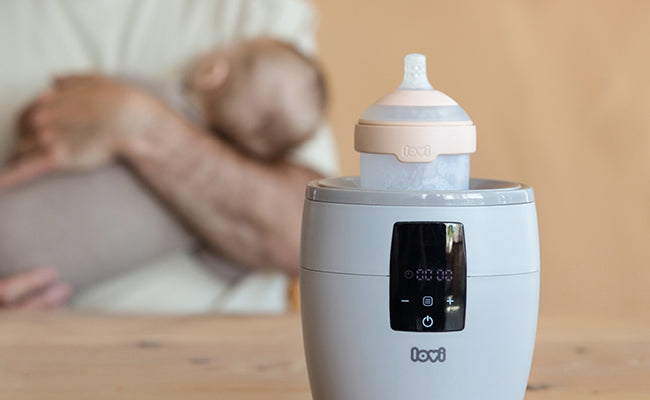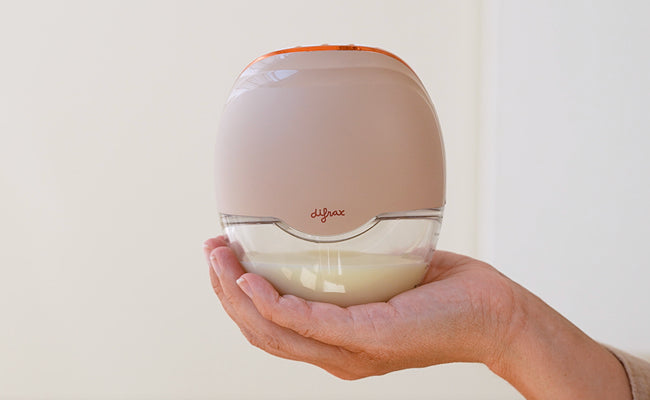
When will you start feeling your baby kick and move?
Congratulations! You’re pregnant and ready to meet your baby. This special time is filled with anticipation and excitement as well as worry and fear. You may be wondering when you’ll feel your baby kick, move, or hiccup for the first time?
One of the most exciting aspects of pregnancy is feeling your baby kick, twist, wiggle, punch, and hiccup (and it sure beats heartburn, puffy feet and other hallmarks of these nine months). There's no clearer indication that a new life is forming within you.
Each woman experiences pregnancy differently, and it’s impossible to tell when you will feel your baby moving. Your baby’s movements can easily be missed if you are not keeping track of the kicking and squirming, but with a few tricks, you will know when your baby is moving inside your belly. Here you'll find out when most women start feeling their babies move.
What does it feel like when a baby kicks?
Baby's kicking can feel like a flutter (like the "butterflies" you get when you're worried) or waves (like a little fish swimming about in there, which is exactly what's going on!). A twitch, a nudge, or even hunger sensations might be the result. Maybe it'll feel like a bubble bursting or like being on a roller coaster and being turned inside out.
The sensation of your baby kicking will vary as your pregnancy progresses, from coordinated movements at 6 months to harder punches and kicks at 7 months to wiggling and twisting as your baby grows in months 8 and 9.
Keep in mind that every baby is different, and their activity rhythms and patterns will differ. If you have any prior children, try not to compare your baby's movements to those of others or your own.
When did you first notice the baby moving?
Most women experience their first foetal movement, also known as quickening, between weeks 18 and 22 of pregnancy, however it might happen at any time between weeks 14 and 26. Your kid is much too little and far too deep beneath the protective padding of your womb before then to register as a blip on your radar.
Pregnant women who are thin or expecting a second child may notice initial movements around month four of pregnancy. However, until the beginning of month 5, most women are unaware of the flits and twitches (which can feel similar to gas or muscular spasms).
If by the fifth month, you haven't felt any foetal movement. An ultrasound may be ordered by your doctor to check on your baby's health. It's possible that your due date has been miscalculated, which happens more frequently than you may expect. However, it's a good idea to have it checked out just to be sure.
If you're wondering when you'll be able to feel your baby's kicks from the outside, your partner (or other interested friends and family) will likely have to wait until the end of the second trimester, if not the third trimester, to feel movements on your belly.
In the womb, when does a baby's vision develop?
If you're wondering when you'll be able to feel your baby's kicks from the outside, your spouse (or other interested friends and family) will most likely have to wait until the end of the second trimester, if not the third trimester, to feel foetal movements on your belly.
When will you be able to feel your baby move?
When you've settled down for the night, you'll likely notice that baby is more active. The motion of your own body might put your little one to sleep during the day, and you're typically preoccupied with other things. You'll be more likely to notice what the baby is up to if you're relaxed and tuned in to your body.
- After you’ve had a bite to eat. Your baby may experience a burst of energy as a result of the spike in your blood sugar.
- When you’re feeling jittery. Adrenaline can have the same effect and provide a burst of energy for your child.
- When your child develops a case of hiccups. Have you ever noticed little flutters of weak but rhythmic tics that linger anywhere from a minute to an hour? Your infant is most likely experiencing a mild and very typical bout of hiccups. It’s quite natural not to have them.
What does it mean to have a very active baby in the womb?
If your kid looks particularly active in the pregnancy, don't leap to conclusions. It doesn't imply you'll have a hyper child later or that your child will become a professional soccer player.
Baby kicks are considered a natural and healthy component of foetal growth, even if they are frequent and powerful. Consider it an exercise regimen, with the goal of strengthening all of her growing muscles and bones before her big debut.
You may also be unaware of how powerful or often the average baby kicks. Despite the increasingly tight confines in your womb, you may expect to feel foetal activity every day during the third trimester – sometimes a lot of it! According to some studies, a baby's legs can create over 11 pounds of power by 30 weeks!
If your tiny drummer's bongo-playing on your stomach becomes too much for you, consider switching positions. On your side, sit or lie down. Your infant will most likely shift positions and find something else to occupy his or her time.

